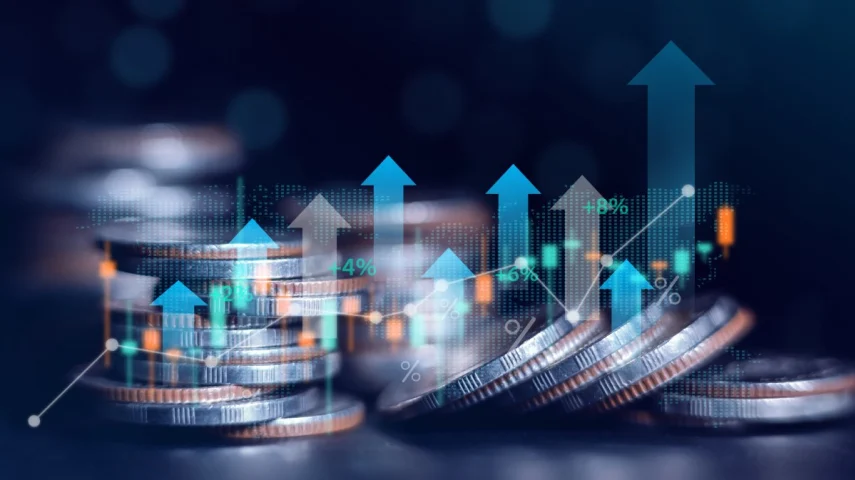Australia’s wealthiest reap the benefits of economic growth



New data by think tank the Australia Institute has found massive disparity among the income earners in the country, with the bottom 90 per cent of Australians receiving just 7 per cent of economic growth per person since 2009.
The Inequality on Steroids: The Distribution of Economic Growth in Australia report stated Australia was now a global outlier, falling behind the European Union, US, UK, China and Canada on the unequal distribution of gains.
“Society works best when we all feel like we have a stake in its success. While this analysis is shocking, it has become increasingly clear that the Australian economy is not working for most people,” said Matt Grudnoff, senior economist at the Australia Institute.
“From the 1950s to the 1980s, Australia was considered the land of the fair go and we saw people benefiting more equally from economic growth. Today, that Australian dream has turned into an inequality nightmare, with the maldistribution of economic gains fuelling the cost-of-living crisis for low and middle-income Australians.”
From the Global Financial Crisis (GFC) in 2008 to the beginning of the pandemic, the top 10 per cent of income earners pocketed 93 per cent of the nation’s real economic growth per adult.
This was a massive change from 36 per cent between 1991–08 and 48 per cent from 1982–90, per the author’s calculations based on the World Inequality Database, and signalled a “radical reversal”.
Grudnoff added: “The Stage 3 tax cuts, which see people earning over $180,000 receiving the lion’s share of benefits while minimum wage workers get nothing, will only make the inequality problem worse.”
The Stage 3 tax cuts, due to come into effect in July 2024, had previously been supported by the International Monetary Fund (IMF) as a way to strengthen economic efficiency and public revenue.
Beyond the “unfair tax system”, the Australia Institute’s research identified insecure work, stagnating wages, and soaring profits as causes for the backwards trend.
“Soaring energy prices have seen gas and electricity bills increase for average Australians, while super profits from Australia’s gas and coal go overseas. A super profits tax will help ensure all Australians can get their fair share,” Grudnoff said.
“Australians have a strong sense of fairness, and they know when they’re being ripped off or missing out on their fair share. And right now, Australians know they are missing out.”
Recommended for you
Global asset manager Janus Henderson could be acquired after receiving a non-binding acquisition proposal jointly from a private investment firm and venture capital firm.
Investment manager Salter Brothers has partnered with private equity firm Kilara Capital to launch an Australian sustainable investment platform focusing on decarbonisation.
Fresh off launching three active ETFs to the Australian market, Avantis Investors is already planning to expand its range with two further products next year.
Ausbil is growing its active ETF range with an ESG product in collaboration with sister company Candriam.












